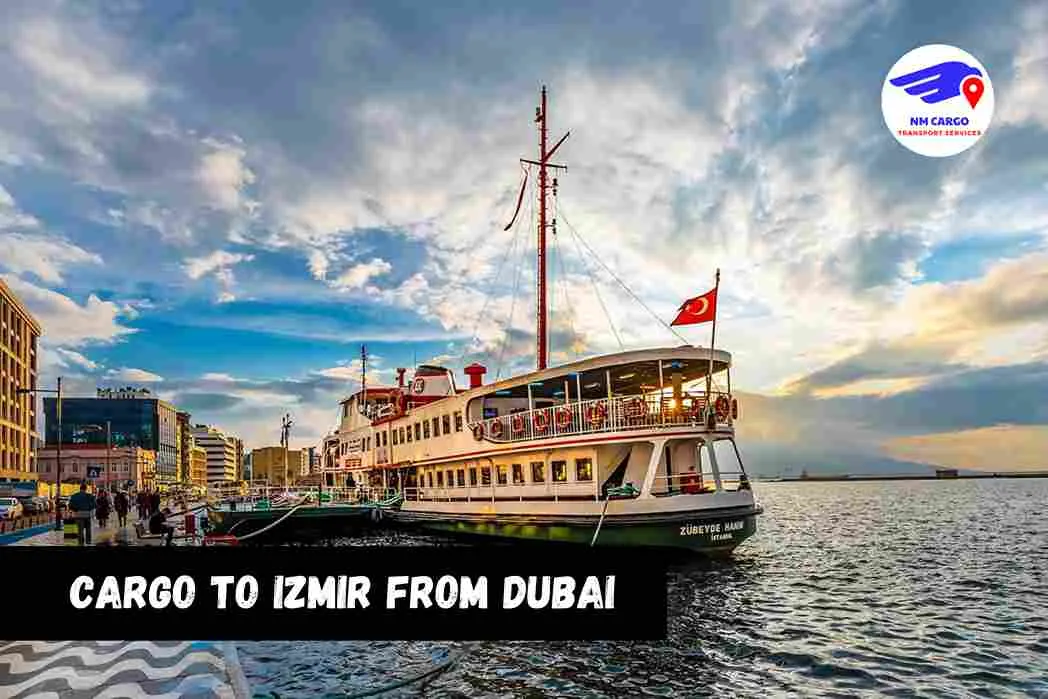In today’s globalized economy, efficient and reliable cargo services are crucial for businesses and individuals alike. For those looking to transport goods from Dubai to Izmir, Turkey, understanding the various aspects of the shipping process is essential. This guide provides a detailed overview of cargo services from Dubai to Izmir, covering key considerations, logistics, and tips for ensuring a smooth shipping experience.
1. Understanding the Route
1.1 Geographic Overview
Dubai, a major logistics hub in the UAE, and Izmir, a vibrant city on the western coast of Turkey, are connected through a significant trade route. Dubai’s strategic location at the crossroads of Europe, Asia, and Africa makes it an ideal starting point for international shipments. Izmir, as one of Turkey’s largest ports, serves as a crucial gateway for trade in the region.
1.2 Transportation Modes
Cargo from Dubai to Izmir can be transported via several modes:
- Sea Freight: The most common and cost-effective method, involving shipping containers across the Mediterranean Sea.
- Air Freight: Offers faster delivery times but at a higher cost, suitable for urgent shipments.
- Land Freight: Typically used in combination with sea freight, involving trucking from ports to final destinations.
2. Choosing the Right Shipping Service
2.1 Sea Freight Options
Sea freight is popular for bulk cargo and offers various options:
- Full Container Load (FCL): Ideal for large shipments where the entire container is used by a single shipper.

- Less than Container Load (LCL): Suitable for smaller shipments that are consolidated with other cargo in a single container.
2.2 Air Freight Services
Air freight provides expedited shipping and is best for high-value or time-sensitive goods. It’s essential to consider:
Here is the article without the list format:
Checking your PayPlus card balance online is a simple and quick process. You no longer need to visit a store or call customer service. All you need to do is visit the official website, enter your PayPlus card details, and you will be able to view your current balance instantly. To make your balance checks easier, you can click here for PayPlus Card Balance Check Online. It’s a hassle-free way to stay on top of your finances.
- Airline Carriers: Choose reputable airlines with a track record of reliability.
- Customs Handling: Ensure that the cargo meets all regulatory requirements to avoid delays.
2.3 Integrated Logistics Solutions
Some logistics companies offer integrated services that include both sea and air freight, providing a balanced approach to cost and speed. These services can streamline the shipping process and reduce transit times.
3. Documentation and Customs Requirements
3.1 Essential Documents
Shipping cargo from Dubai to Izmir requires proper documentation to ensure compliance with international regulations:
- Commercial Invoice: Details the goods being shipped, their value, and the terms of sale.
- Bill of Lading: A receipt issued by the carrier that also serves as a contract for transport.
- Packing List: Provides information on how the cargo is packed, including weight and dimensions.
- Certificate of Origin: Verifies the country where the goods were manufactured.
Shipping cargo from Dubai to Izmir involves careful planning, choosing the right transportation mode, and adhering to documentation and customs requirements. By understanding these aspects and selecting a reliable shipping partner, you can ensure a smooth and efficient shipping process. For more information on cargo services, visit NM Cargo and explore our range of logistics solutions tailored to your needs.




